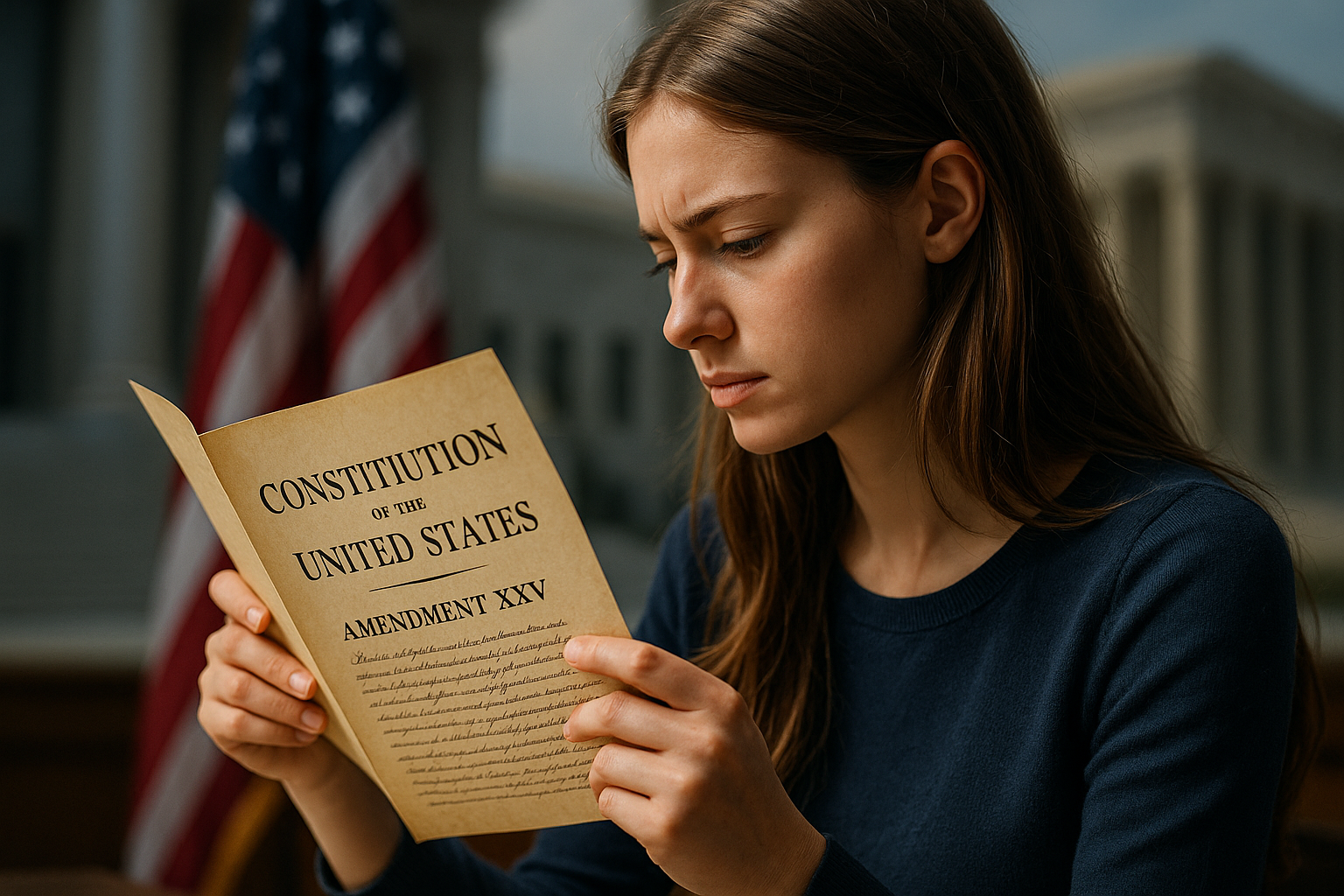The Significance of Constitutional Amendments: A Deeper Dive into the 26th Amendment
The Constitution of the United States is a living document, continually evolving to meet the demands of the changing society. One such evolution, the 26th Amendment, granted voting rights to 18-year-olds, a significant moment in the country's history that still reverberates today.

Extending Voting Rights: The Historical Context
The journey to the 26th Amendment was a long and contentious one. The voting age in the United States was traditionally set at 21. However, the tumultuous events of the 1960s, including the Vietnam War, prompted a national debate about lowering the voting age. The argument was that if 18-year-olds could be drafted to fight in a war, they should also have the right to vote.
From Legislation to Constitution: The 26th Amendment
The push for a lowered voting age gained momentum with the Voting Rights Act of 1970, which sought to enforce the 15th Amendment’s provisions on a federal level. However, the Supreme Court in Oregon v. Mitchell (1970) ruled that Congress could lower the voting age for federal elections but not for state or local ones. Thus, the 26th Amendment was proposed and ratified in 1971, lowering the voting age to 18 for all elections.
Aftermath and Implications of the 26th Amendment
The 26th Amendment significantly changed the political landscape of the United States by extending voting rights to millions of young people. This development has led to increased engagement and representation of young voices in the political process. However, despite the lowered voting age, youth turnout in elections has often been lower than other age groups, a trend that invites further exploration and action.
The 26th Amendment Today: Contemporary Relevance
In today’s digitally connected world, the influence of young voters is more potent than ever. Social media has become a powerful tool in mobilizing young voters and raising awareness about political issues. The 26th Amendment’s relevance lies in its affirmation of the democratic ideal that every citizen, regardless of age, has a right to participate in their governance.
Conclusion
The 26th Amendment serves as a reminder of the power of civic engagement and the importance of inclusivity in democracy. As we look to the future, it is crucial to continue encouraging and facilitating youth participation in the political process, to ensure a vibrant and representative democracy.
The 26th Amendment’s legacy is profound— it transformed the face of the American electorate and continues to inspire conversations about voting rights today. Its history and implications underline the significance of constitutional amendments in shaping the nation’s legal and political landscape.




